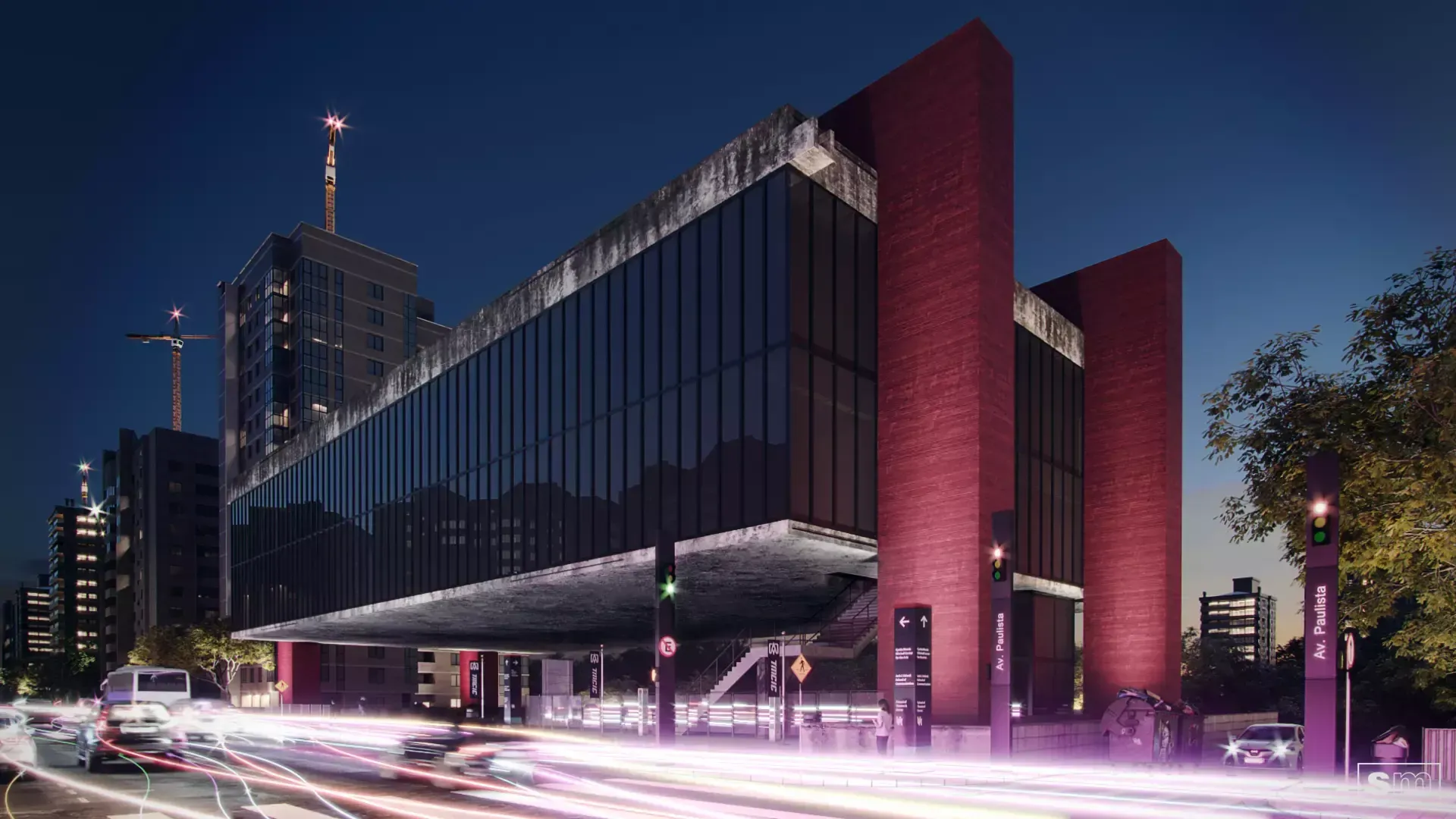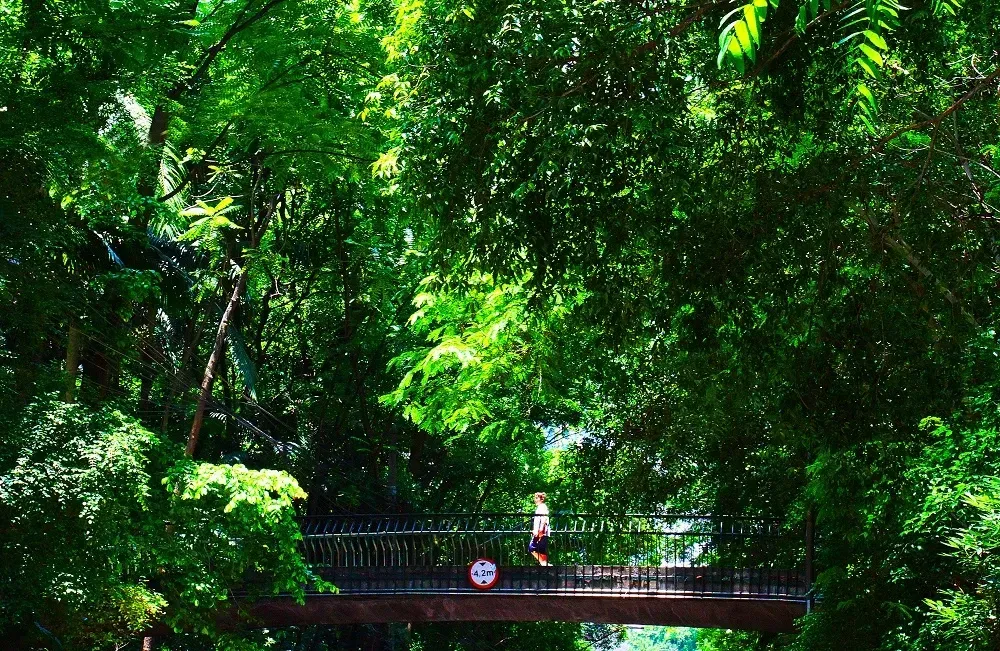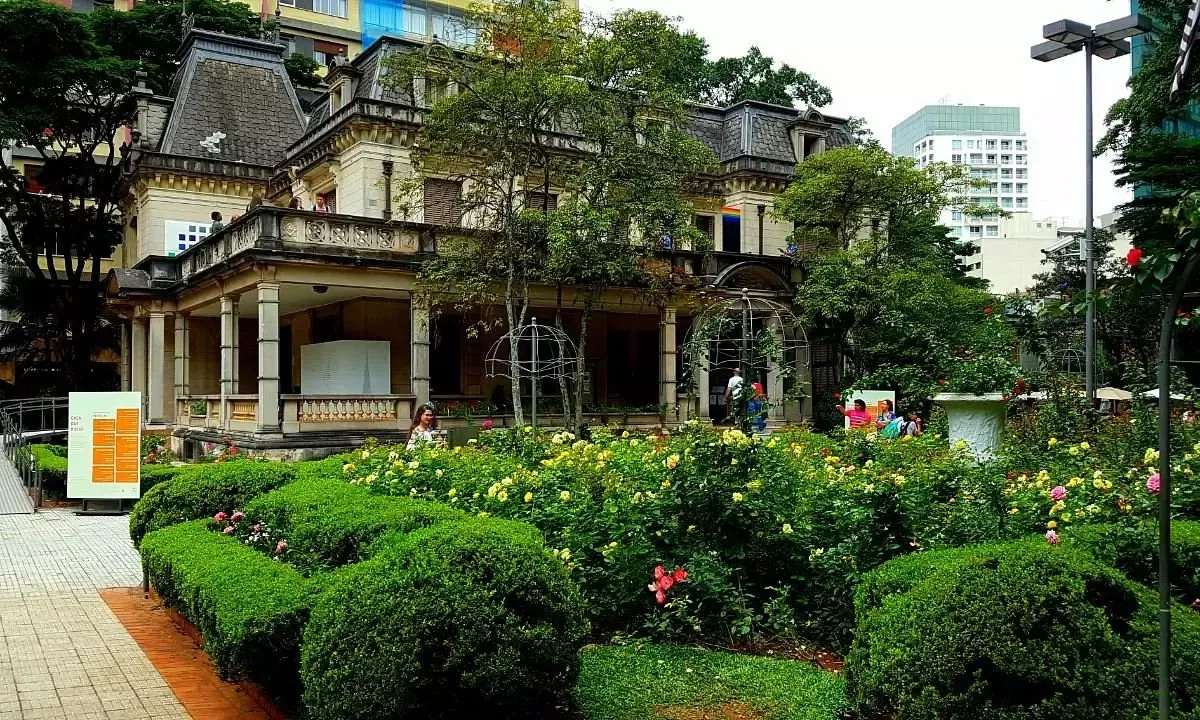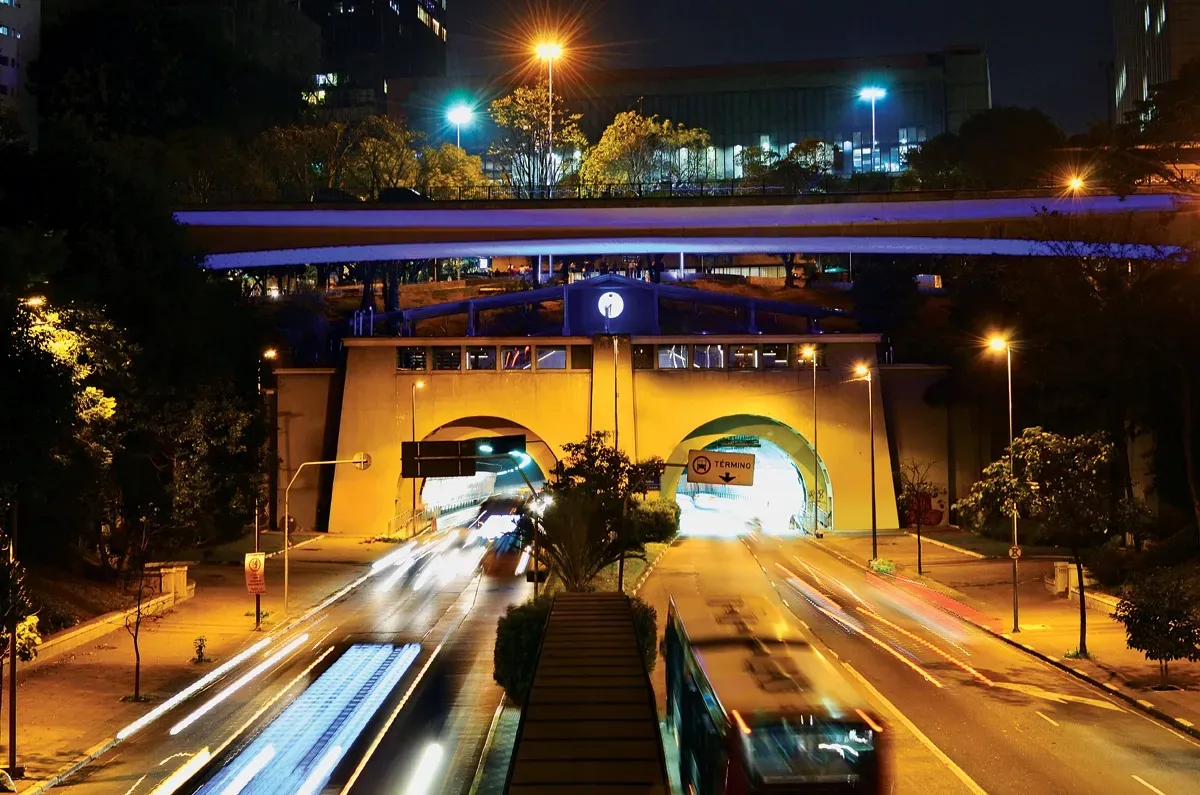Proximidades
Localização privilegiada
Locais Próximos
Considere tambem verificar os destaques do turismo nos arredores do Hotel Trianon Paulista para tirar o máximo proveito de sua estadia. Conheça a cultura, gastronomia e demais atrações da região.
A 400m
MASP
Próximo ao hotel encontra-se o Museu de Arte de São Paulo Assis Chateaubriand (MASP), um centro cultural e museu brasileiro concebido em 1947 e idealizado pelo jornalista paraibano Assis Chateaubriand com o crítico de arte italiano Pietro Bardi.
A 150m
Parque Trianon
Projetado pelo paisagista francês Paul Villon e inaugurado pelo inglês Barry Parker, o Parque Tenente Siqueira Campos, mais conhecido como Parque Trianon ou Parque do Trianon (1892), é um recanto verde em meio aos prédios da região. Possui trilhas cercadas de árvores centenárias.
A 1.8km
Casa das Rosas
A 10 min do hotel encontra-se a Casa das Rosas - Espaço Haroldo de Campos de Poesia e Literatura. É um casarão no estilo clássico francês, localizado na Avenida Paulista dedicado a diversas manifestações culturais, com enfoque em literatura e poesia. Serve frutos do mar e porções.
A 500m
Mirante 9 de Julho
Construído em 1936, este túnel agora recebe vários eventos culturais, como arte, música, comida e feiras. Trata-se de uma importante artéria no sistema viário da capital paulista, principalmente por sua função como eixo radial que liga o centro da cidade a outras regiões.





